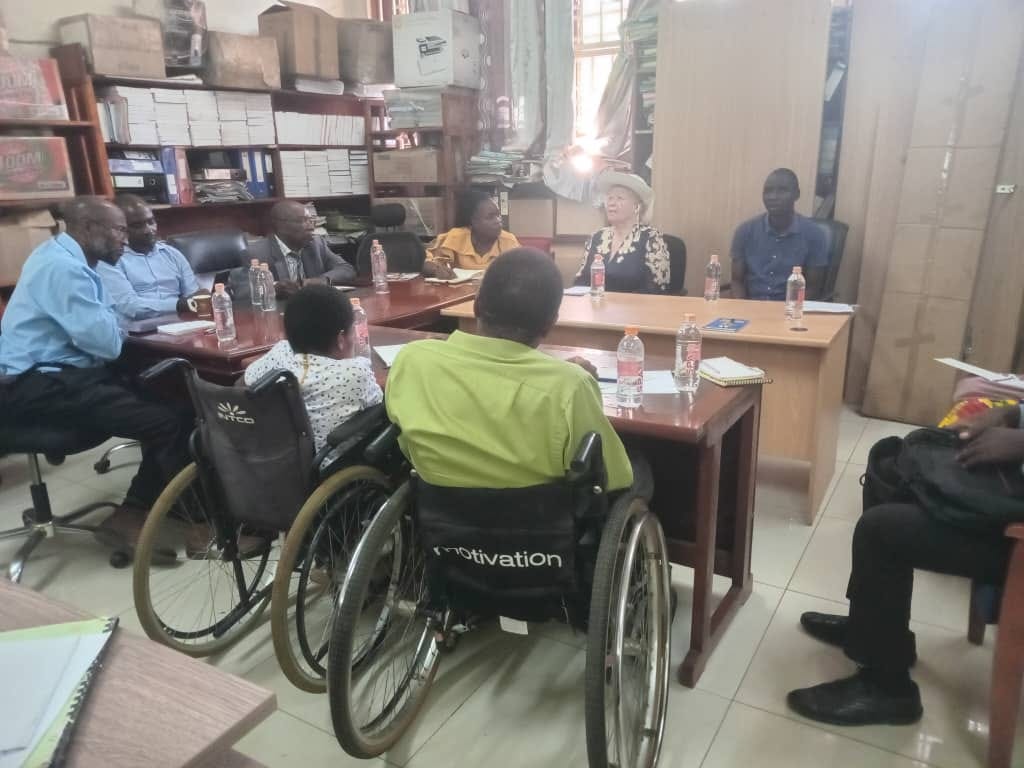Malawi Disability Group Pushes for Inclusive Social Safety Nets
As Malawi continues to strengthen its social safety net, the meaningful participation of disability rights organisations will be crucial in ensuring no one is left behind.
LILONGWE, Malawi— The Association of Persons with Physical Disabilities in Malawi (APPWD) is advocating for greater inclusion of people with disabilities in the country's social support programs, seeking to address long-standing gaps, writes Meclina Chirwa.
According to APPWD Executive Director Charles Khaula, persons with disabilities are often overlooked in the distribution of social cash transfers, exacerbating their vulnerability.
"It is disheartening to note that despite our efforts to engage with the relevant authorities, persons with disabilities continue to be excluded from social support programs," Khaula said.
"This exclusion not only perpetuates poverty among persons with disabilities but also undermines their dignity and human rights."
In response, Paul Chipeta, Social Support for Resilience Livelihoods Project Coordinator for the National Local Government Finance Committee (NLGFC), acknowledged the concerns and committed to working with APPWD to ensure greater inclusion.
"We take the concerns of APPWD seriously and acknowledge the importance of including persons with disabilities in our social protection programs," Chipeta said.
"We will work closely with APPWD and other stakeholders to ensure that persons with disabilities are not left behind in our efforts to reduce poverty and promote social protection."
Experts point to the need for disability-inclusive social safety nets as a critical step toward achieving sustainable development goals and upholding the rights of marginalized groups.
"Persons with disabilities are often among the most vulnerable and disadvantaged in society," said Dr. Mercy Ndaula, a social policy researcher.
"Integrating them into social protection programs is not only a moral imperative but also an essential investment in building a more equitable and resilient society."
APPWD's advocacy represents a growing movement across Africa to champion the inclusion of persons with disabilities in national development plans and social welfare initiatives.
The NLGFC's commitment to work with APPWD and other stakeholders signals a positive shift, though the ultimate success will depend on implementing tangible policy changes and equitable resource allocation.
As Malawi continues to strengthen its social safety net, the meaningful participation of disability rights organizations will be crucial in ensuring no one is left behind.



